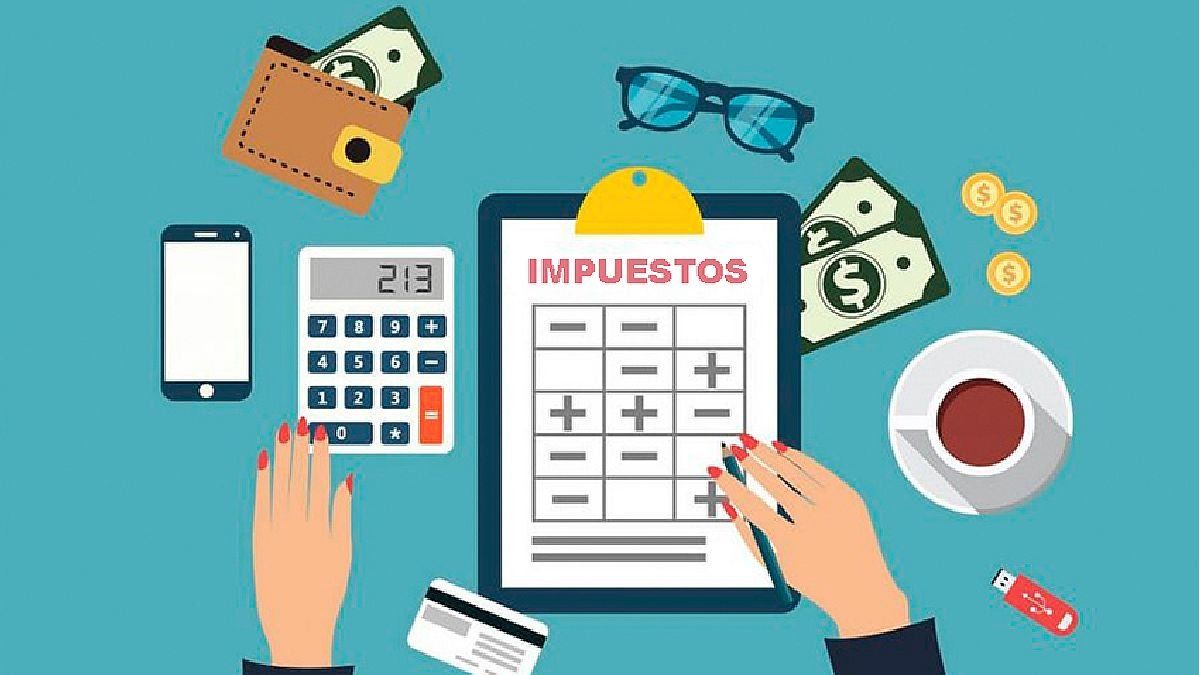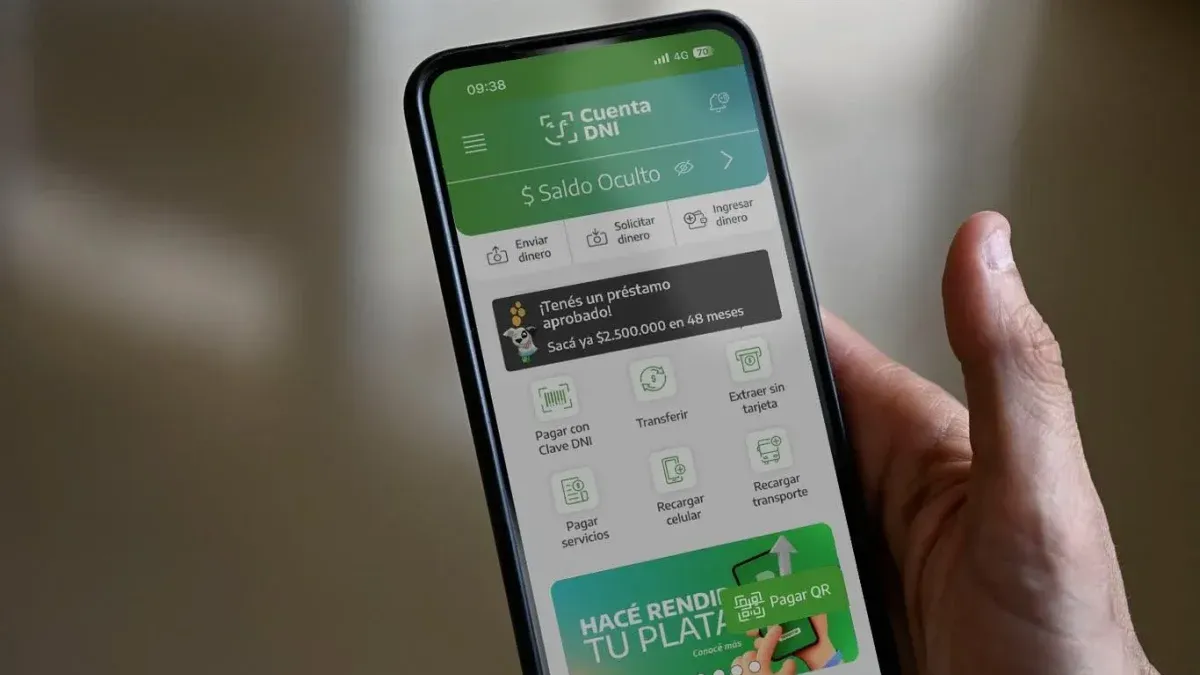The Government and the AFIP formalized the changes in the Income Tax, with a new non-taxable minimum for the fourth category, which will be $506,230 gross starting in May. The measure that will benefit 250,000 employees who work under a dependency relationship.
Income Tax: new non-taxable minimum
Due to the new income tax floor, no tax withholding will apply when gross remuneration does not exceed $506,230, inclusive.
In addition, in those months in which the gross remuneration for the month exceeds $506,230 and is less than or equal to $583,851, withholding agents will compute an increased special deduction.
afip-portada.jpg
Who will not pay income tax?
The proposed amendment will allow a reduction in the total number of workers who pay income tax. through the measure, approximately 250,000 employees in a dependency relationship will benefit.
These provisions will be applicable to remunerations and/or gross monthly salaries accrued as of May 1, 2023, inclusive, with the exception of the provisions of article 1, which will take effect as provided therein.
Since January 2023, the monthly gross remunerations that do not exceed $404,062, inclusive, did not pay income tax.
Income Tax: the new exemptions and what to do to pay less in AFIP
The Public Revenue Administration (AFIP) confirmed through a statement that there will be some salary concepts exempt from the payment of the Income Tax during the current fiscal year. This It will also be applied retroactively.
According to the AFIP statement, Productivity bonuses, cash failures, per diems and overtime will not have to pay income tax. Access to the exception does not require extra management by the taxpayer. This means that the rectification of the F.572 web previously presented should not be carried out.
However, employers must re-settlement and repay -if applicable- such deductions in accordance with the limits established by General Resolution No. 5314/2023, with respect to fiscal year 2023 inclusive, without the need for the intervention of dependent workers. .
It should be remembered that it was confirmed that a new non-taxable minimum of Income Tax has been in force since May, therefore no withholding will apply when gross remuneration does not exceed $506,230, inclusive.
In those months in which the gross salary for the month exceeds $506,230 and is less than or equal to $583,851, the withholding agents will compute an increased special deduction. With these changes, some 250,000 workers would no longer pay the tax.
AFIP: new exceptions in Income Tax
The sums paid for each productivity bonus or the denomination it had and the amounts for each cash failure, are exempt under the terms established by law, while mobility expenses, travel expenses and any similar compensation They are deductible according to the provisions of the legal norm.
Meanwhile, overtime for services rendered on holidays, non-working days and weekends, including non-working days and weekly rest days (regardless of the schedule), are exempted for the differential between the value of ordinary hours and the amount of overtime or the denomination that these have given the particularity of each Collective Bargaining Agreement, for example, hours for rotating shifts.
The provision establishes that the benefit of the exception of these supplements will only apply to those whose gross monthly remuneration does not exceed $808,124.73, while the annual amount of deduction will be up to $180,673.28 for each of these supplements, that is, about $13,898 per month.
What can be deducted from Income Tax
The exemptions applied for salary concepts in the 2023 fiscal period are complemented by all the concepts that can be deducted. As reported by AFIP, among the deductible expenses in determining the Income Tax are educational expenses for children under 24 years of age (includes private school fees, school supplies and private teachers), family responsibilities (spouse or partner cohabitant; child and/or stepson under 18 years of age or disabled for work) and the rent of the house-room.
You can also deduct the medical or assistance fees (prepaid), the medical fees not covered by the latter, the amount paid for the consideration of the service provided by the domestic staff in charge, the interest on mortgage loans, the premiums of the insurance that covers the risk of life and mixed death, savings premiums, donations and mobility expenses.
Likewise, as previously mentioned, travel expenses and other similar compensation paid by the employer are exempt from the payment of Earnings, as well as the expenses incurred for the acquisition of clothing and/or equipment for exclusive use in the workplace, among other concepts.
On the AFIP website you can find an explanatory video on how to complete the process to request the reimbursement of earnings and how to charge deductions from Earnings.
Source: Ambito




